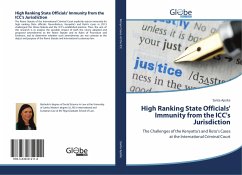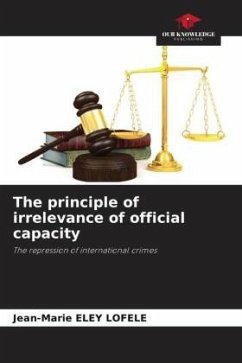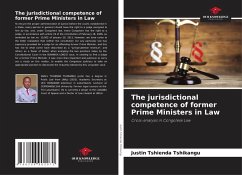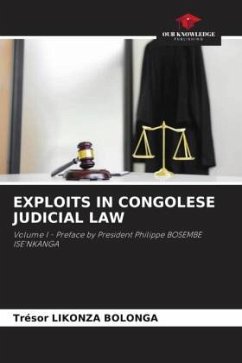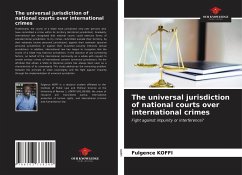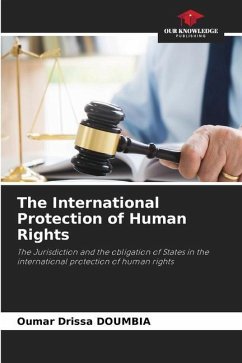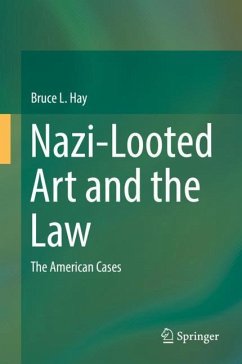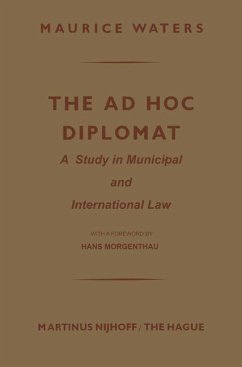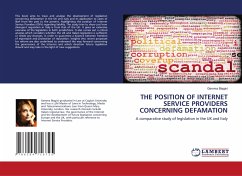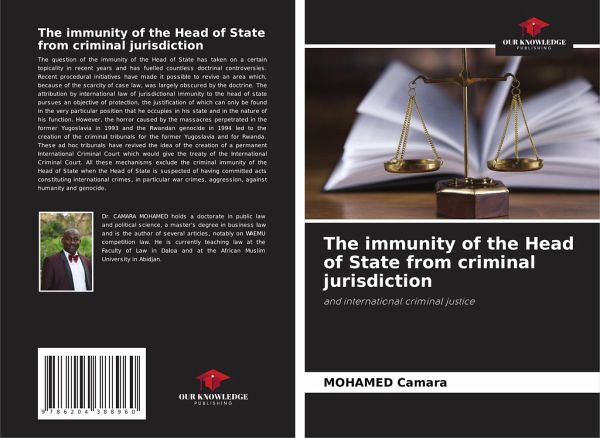
The immunity of the Head of State from criminal jurisdiction
and international criminal justice
Versandkostenfrei!
Versandfertig in 6-10 Tagen
36,99 €
inkl. MwSt.

PAYBACK Punkte
18 °P sammeln!
The question of the immunity of the Head of State has taken on a certain topicality in recent years and has fuelled countless doctrinal controversies. Recent procedural initiatives have made it possible to revive an area which, because of the scarcity of case law, was largely obscured by the doctrine. The attribution by international law of jurisdictional immunity to the head of state pursues an objective of protection, the justification of which can only be found in the very particular position that he occupies in his state and in the nature of his function. However, the horror caused by the ...
The question of the immunity of the Head of State has taken on a certain topicality in recent years and has fuelled countless doctrinal controversies. Recent procedural initiatives have made it possible to revive an area which, because of the scarcity of case law, was largely obscured by the doctrine. The attribution by international law of jurisdictional immunity to the head of state pursues an objective of protection, the justification of which can only be found in the very particular position that he occupies in his state and in the nature of his function. However, the horror caused by the massacres perpetrated in the former Yugoslavia in 1993 and the Rwandan genocide in 1994 led to the creation of the criminal tribunals for the former Yugoslavia and for Rwanda. These ad hoc tribunals have revived the idea of the creation of a permanent International Criminal Court which would give the treaty of the International Criminal Court. All these mechanisms exclude the criminal immunity of the Head of State when the Head of State is suspected of having committed acts constituting international crimes, in particular war crimes, aggression, against humanity and genocide.



